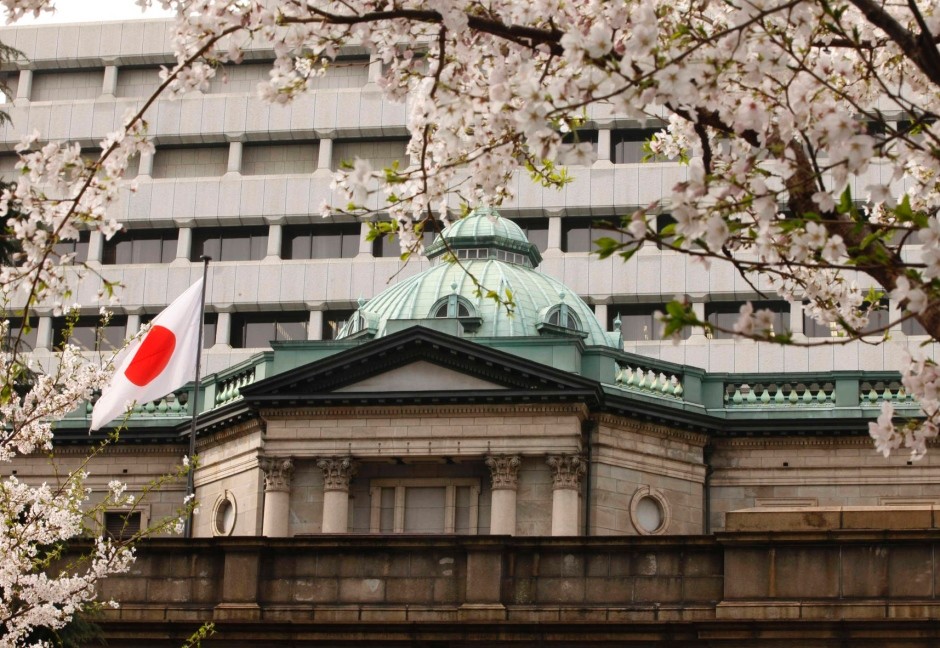The International Monetary Fund said on Tuesday that despite Japan’s accelerating economy, further structural reform is needed to finally leave behind years of on-off deflation
The IMF highlighted concerns over price movements and public debt as it noted the mixed record of Prime Minister Shinzo Abe’s growth plan dubbed Abenomics.
Abe swept back to power in late 2012 on a pledge to reignite the world’s third largest economy and the scheme’s mixture of huge monetary easing, government spending and reforms has stoked a stock market rally and fattened corporate profits.
But there has been growing criticism about the plan’s muted impact on the wider economy.
Consumer spending remains tepid and the Bank of Japan has struggled to lift inflation despite years of aggressive monetary easing, although Japan’s prospects have been boosted recently on the back of strong exports and investments linked to the Tokyo 2020 Olympics.
The IMF’s latest forecast published in July sees Japan’s economy growing 1.3 percent this year thanks to a continued pickup in trade and temporary fiscal support.
“The economy has expanded at a pace above potential the last five consecutive quarters, and unemployment has fallen to record low levels,” the IMF said in a summary of its annual review of Japan’s economy released Tuesday Tokyo time.
“However, inflation, public debt sustainability, and growth objectives remain to be secured,” it said.
“Abenomics has improved economic conditions and engendered structural reforms but has not yet achieved a durable exit from deflation,” it said.
The Bank of Japan last month once again delayed its timetable for hitting its target of two percent inflation. It now expects to achieve the objective in the year to March 2020.
Officials had in 2013 originally set a two-year timeline when unveiling the bank’s massive monetary easing program as part of Abe’s push to kickstart growth.
“The reform agenda should prioritize structural measures aimed at facilitating reflation (particularly labor market reforms to boost wages), followed by policies to lift potential growth,” the IMF said.
